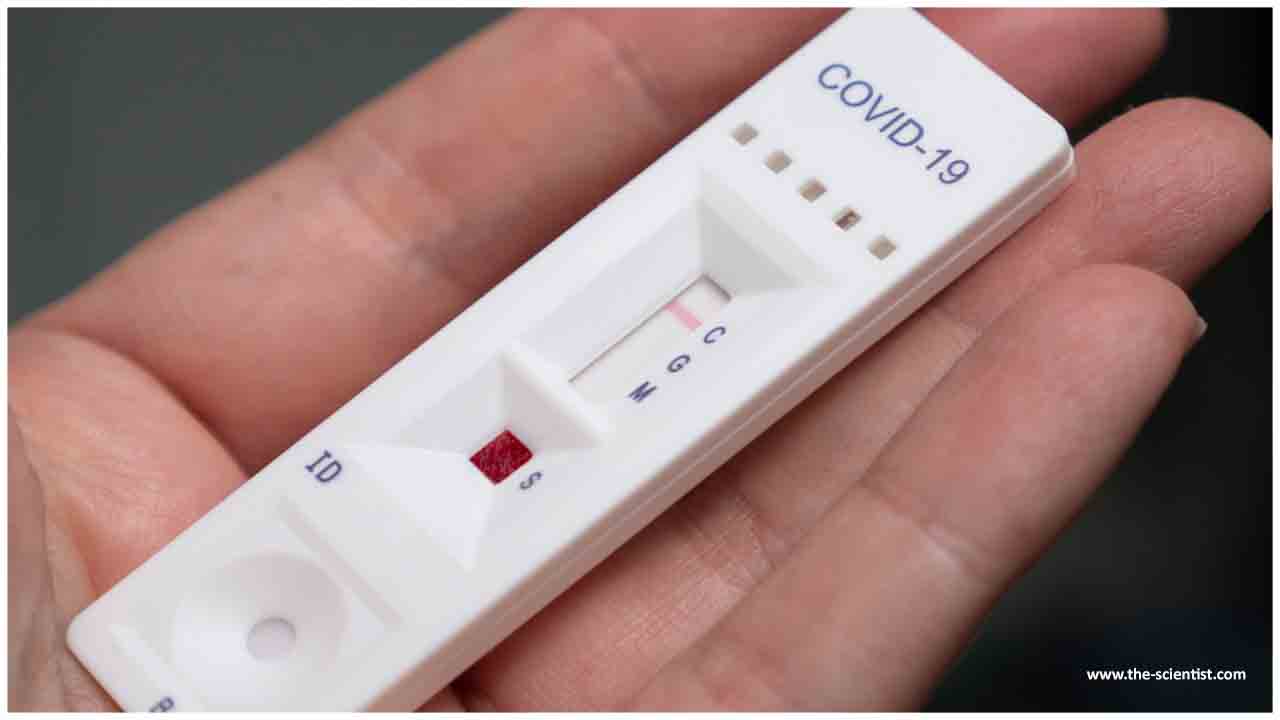One of two hours and a half-fast coronavirus tests purchased by the UK government and reported on Monday presently can't seem to be endorsed by controllers, while no information on the precision of either has been distributed, the Guardian has learned.
The test, from Oxford Nanopore, a youthful biotech organization spun off from Oxford University, has not yet increased a CE mark. Before Covid-19, Oxford Nanopore had been included distinctly in research, not tests for patients.
Around 80 other sub-atomic tests had a CE mark as ahead of schedule as of April. DnaNudge was allowed a crisis exception by the Medicines and Healthcare Products Regulatory Agency to be utilized without the CE mark.
Oxford Nanopore and DnaNudge were first name-checked by the wellbeing secretary, Matt Hancock, in a Downing Street question and answer session on 1 May, the day he reported his objective for arriving at 100,000 tests for each day in England had been met.
Hancock plentifully expressed gratitude toward British endeavors to upscale and redesign testing. He referenced the two organizations again from a similar platform on 21 May.
Dissimilar to Oxford Nanopore, DnaNudge - the brainchild of a prominent teacher at Imperial College London - is customarily buyer confronting, with a lead store in Covent Garden, London. DnaNudge sells wristbands in an assortment of hues containing your DNA in a container, broke down from a coincidental cheek swab. Connected to a cell phone application, the wristband will encourage on whether to purchase food items, blazing red or green when you examine the standardized tag.
As ahead of schedule as 22 April, Hancock's area of expertise marked an underlying agreement with DnaNudge for £3.3m, trailed by one for £161m on 1 July.

 Exclusive: no data on accuracy of this and other test bought by government has been published
Exclusive: no data on accuracy of this and other test bought by government has been published




.jpg)






.png)
.png)
.jpg)





.jpeg)



.jpg)









.jpeg)

.jpg)


